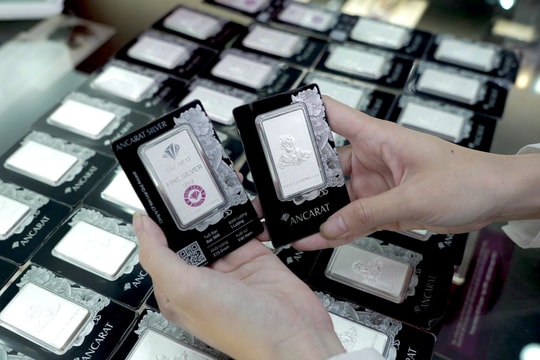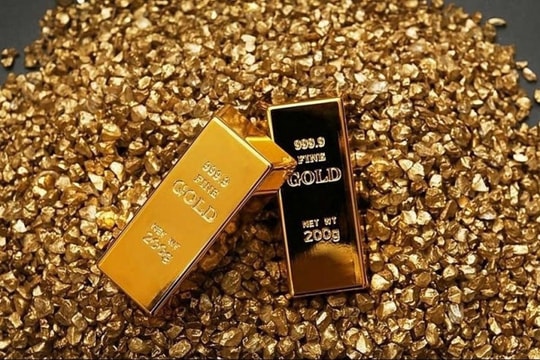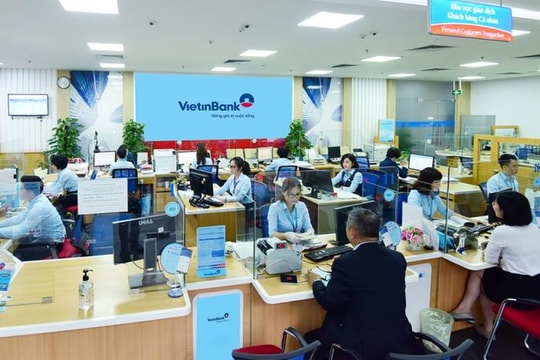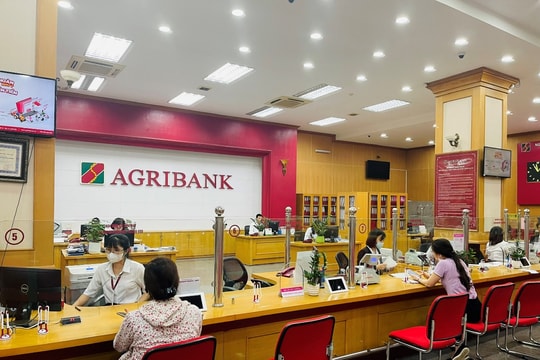Bank deposits are investments or savings?
The crux of the debate over whether to tax interest on savings is whether bank deposits are considered savings or investments. Resolving this issue will make it easier for both sides to meet instead of being at loggerheads.
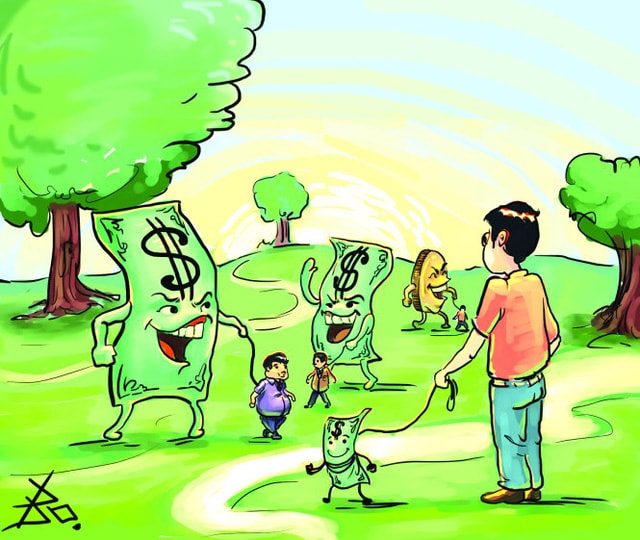 |
| Bank deposits are investments or savings? - Photo 1. |
For many people, it is money saved, put in the bank to earn interest and that money is simply savings.
The majority argument goes in this direction, that savings bank deposits are money that has already fulfilled all tax obligations, so it cannot be taxed again.
Saving is investing?
But for some people, especially some experts, depositing money in the bank is an investment channel, and any investment must pay tax on profits.
The minority's argument, however, was also opposed and refuted by the majority: even when investing, one must take into account the devaluation of money, that is, inflation.
For example, when inflation is at 5% and bank interest rates are 7%, then the real interest rate is positive, and depositors only actually "earn" 2%, not 7%.
When inflation is at 8% but bank interest rates are still 7%, the real interest rate is negative, so depositing money in the bank is still a loss.
So, if we tax "investment" through bank deposits, people will choose to buy gold, USD, or real estate.
In fact, every investment channel has risks, and high risk means high profit, low risk means low profit, and even keeping money at home is full of risks.
Tax evasion tricks, money laundering
In the article Taxing savings deposits to plug loopholes, the author is a lawyer - auditor, so he can clearly understand the big ways and tricks in the market.
Actually, calling it a trick is correct, and calling it cash flow optimization is also not wrong, depending on the eye of the beholder.
For example, when a company has an annual net revenue of up to 1,000 billion VND, unlike ordinary people, a financial expert has a way to make money make money even when deposited in the bank.
That is, when looking through the savings interest rate table of some banks, they can easily find that at some small banks, the interest rate is up to 8.2% for an 18-month term.
Take that 1,000 billion and go through the procedures, receive the savings book. But that's just the "parking lot".
Next, they easily find a bank that is lending at an interest rate of 6-7% for a one-month term. So, by using a savings book of 1,000 billion as collateral, they can borrow up to 98%, or 980 billion VND, in accordance with the law.
But what is the point of depositing money and then borrowing it again?
Readers can see that the difference in interest rates of 1-2 percentage points is an answer because with the amount of money up to trillions, the absolute number will be very large.
And that's just round 1 and round 2 and the above customer can completely do round 3-5 or 5. Like that, the trillion-dollar cycle will bring huge numbers, and that is a way of "investing", or more accurately, "trading money" when saving.
Readers may have noticed in a recent sensational case involving tycoon Pham Cong Danh that there was this story of depositing money, withdrawing money, and then depositing money again.
To optimize profits, instead of depositing in the company's name, the above amount is in the individual's name, because normally banks pay higher interest rates to individuals and lower to businesses.
This type of deposit-withdrawal-deposit juggling can be said to be a handshake between bankers and businesses and even though it is not illegal, the capital in banks is actually distorted because most of it is just virtual money, a bubble that is blown up.
The problem is that the income of the depositor mentioned above is very large and he does not pay any tax. Therefore, many experts believe that the tax department needs to "check" this type of "investment" and trading of savings.
However, it must be said that the above tricks are the loopholes in the policy. The problem is whether to patch or weld to close those loopholes, some people tend to patch the whole policy by "catching" other honest business people.
According to Tuoi Tre
| RELATED NEWS |
|---|

